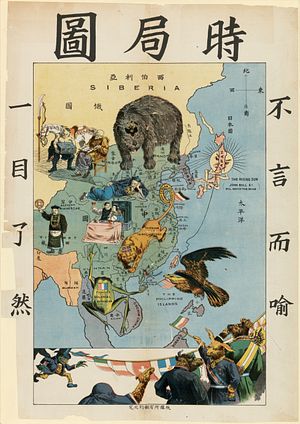Is Hong Kong better than mainland China because it was colonized by the British? Does Western influence make Asian nations better? These may seem like the beery slurs of a bitter expat, but last week Foreign Policy reported that the mayor of Taipei, Ko Wen-je, had said this:
“For the four Chinese-speaking regions — Taiwan, Singapore, Hong Kong and mainland China — the longer the colonization, the more advanced a place is. It’s rather embarrassing. Singapore is better than Hong Kong, Hong Kong is better than Taiwan, Taiwan is better than the mainland. I’m speaking in terms of culture. I’ve been to Vietnam and mainland China. Even though the Vietnamese are seemingly poor, they always stop in front of red traffic lights and walk in front of green ones. Even though mainland China’s GDP is higher than that of Vietnam, if you ask me about culture, the Vietnamese culture is superior.”
In making this statement, Ko isn’t speaking to Beijing but to the people of Taipei. He is displaying strength by indulging in a bit of cultural strutting — and proving he is unafraid of making himself more visible to the dragon across the strait.
That’s the political motivation, but what of his pretension to cultural superiority? Is Hong Kong really better than Taiwan? Are Taiwan and Vietnam really better than mainland China? And is colonialism really the cause?
There are myriad ways to attempt to quantify what is arguably unquantifiable, and there isn’t the room to comprehensively do so here, but it is possible to glance at a few important indicators. For one, both the IMF and The World Bank corroborate the claim if GDP per capita is our measure, but wealth is at best a woolly gauge of cultural superiority. A better measure would be the Human Development Index, which in addition to income weighs life expectancy and education. But alas, the HDI supports the same pecking order.
An even more exhaustive list is the 2013 Economist Intelligence Unit’s Where-To-Be-Born Index which, in addition to GDP forecasts, considers such indicators as life expectancy, divorce rates, political freedom, unemployment, homicide rates, corruption and the number of parliamentary seats held by women. But this doesn’t change the ranking either. Then there are other measures, notably Monocle‘s Quality of Life Survey, which evaluates factors such as architecture, business culture, environmental awareness, museums, tolerance and urban planning. But in 2014 only Hong Kong and Singapore made the survey’s list of 25 cities.
So in a number of ways, it appears to be true that Singapore and Hong Kong really are better places than Taiwan and that all three are better than mainland China. What’s more, their level of success does roughly correlate with the length of their colonization — i.e. Singapore had 140 years and Hong Kong had 185 while Taiwan was under foreign rule for approximately 90 years. But there are a few problems with this theory.
First, northern Taiwan was under Spanish rule for 16 years whereas southern Taiwan was under Dutch rule for over twice that — so why isn’t the southern city of Kaohsiung more advanced than Taipei? And what do Burma and India have to show for their respective 94 and 334 years under British colonialism, or Indonesia for 347 years of Dutch rule? Shouldn’t the Philippines, which experienced almost 400 years of colonialism between Spain and the U.S., be at least as well developed as Singapore or Hong Kong? Or are we to believe the magic ingredient is the Chinese language?
Second, Ko is using different scales of measurement. Hong Kong and Singapore are cities whereas mainland China is the world’s second-largest country by territory. This makes a difference. In 2012 China entered the Program for International Student Assessment as Shanghai rather than as a nation, and in every category — mathematics, science, reading — Shanghai dominated. Clearly, mainland China cannot be fairly compared to Singapore any more than the U.S. can be compared to London.
Finally, these indicators have nothing to do with foreign influence per se. Infrastructure, international trade, and education certainly are good things, and were sometimes introduced by colonial powers, but colonialism was merely the vehicle. The West also, for instance, introduced democracy but democracy is not inherently Western.
It’s not that Ko’s rankings are entirely wrong. He just doesn’t understand why they’re right.

































